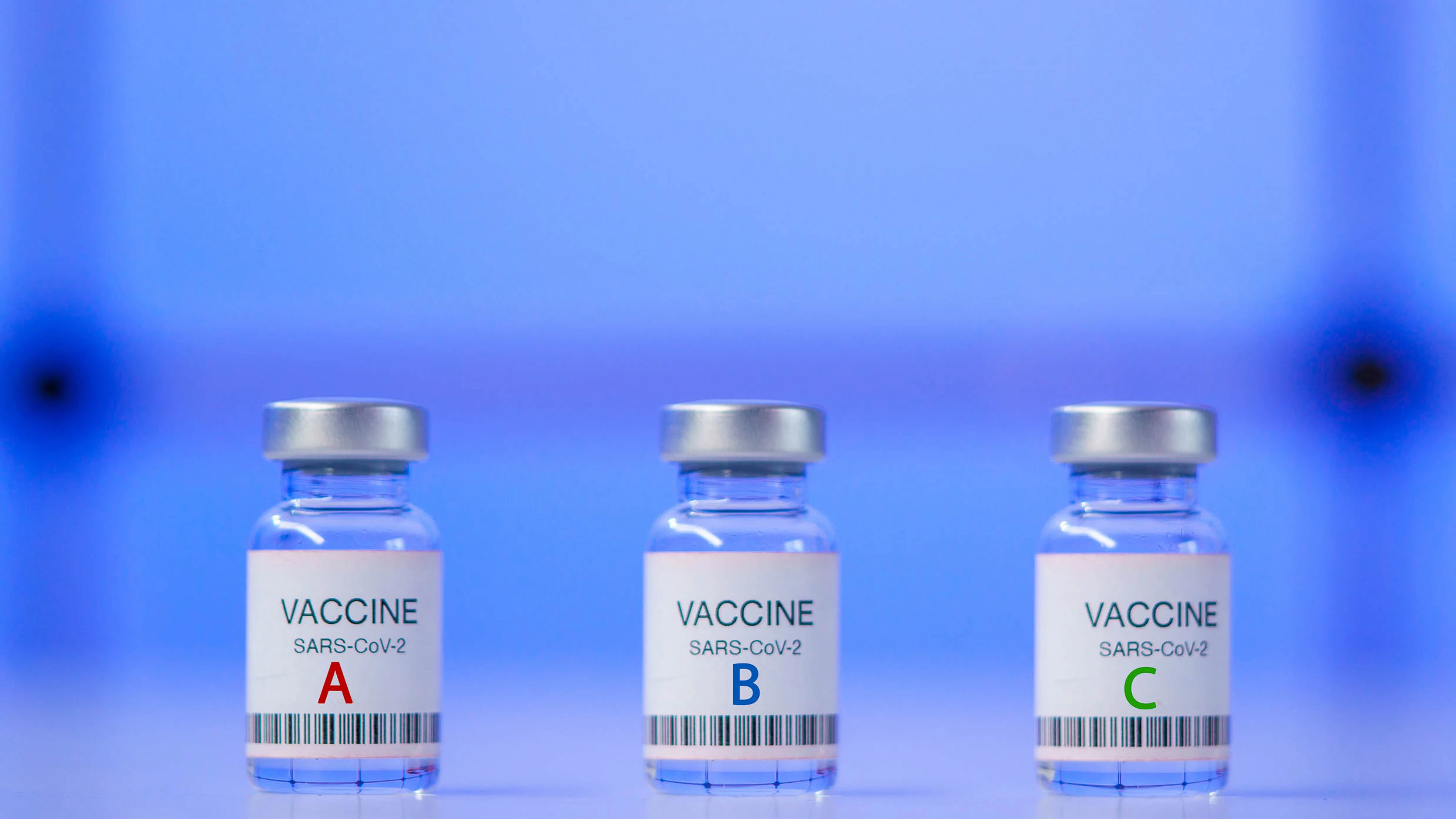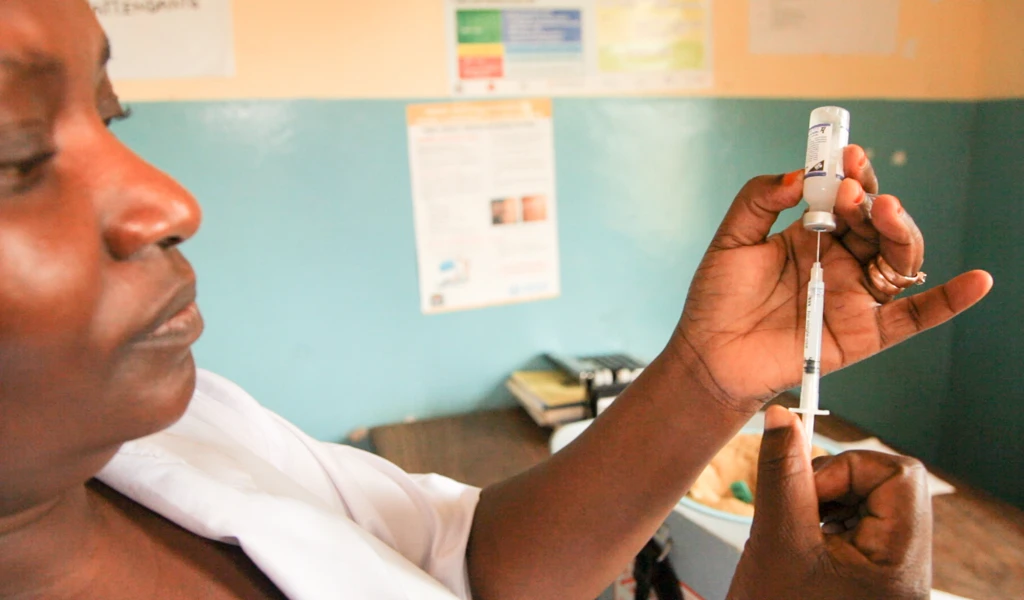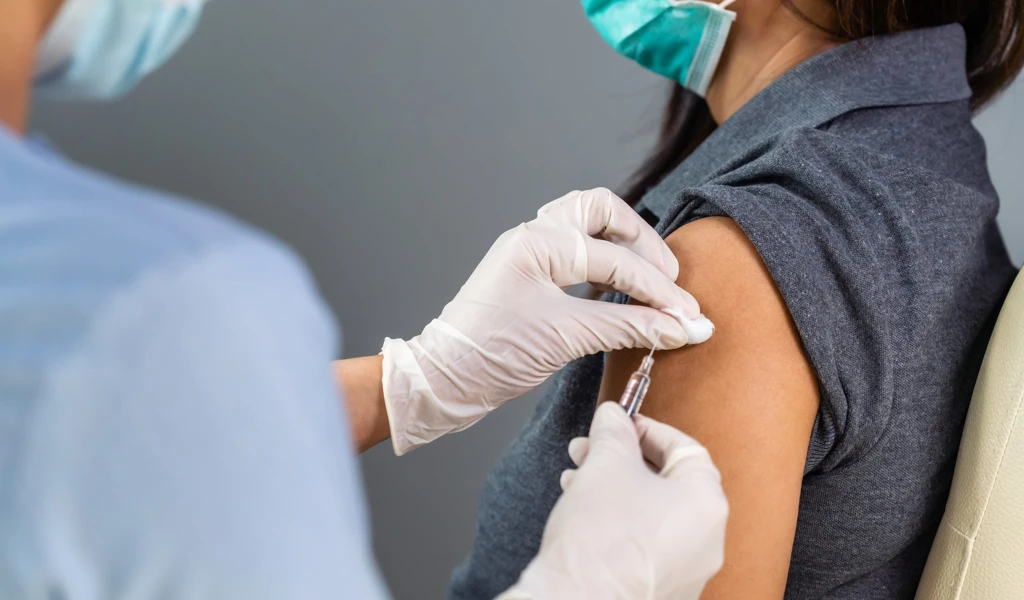Comparator vaccines are needed if vital COVID-19 R&D is to progress

A shortened version of this letter also appears in Nature.
We've made huge progress in the development of safe and effective COVID-19 vaccines that are now saving lives. But the pandemic is far from over: developing the ‘next generation' of vaccines now will reduce inequity by increasing global supply, and meet the challenge of variants.
We can only do this if ‘comparator vaccines' — COVID-19 vaccines which have already been approved - are available to support clinical trials.
To date, COVID-19 vaccines have received approval based on data from seronegative populations in placebo-controlled vaccine efficacy trials. However, these trials are increasingly difficult to conduct as the number of people either vaccinated or previously infected rises.
This means that comparator vaccines must be used in trials of new vaccine candidates, essentially replacing placebos; and to support comparative efficacy and immunobridging trials for registration of new vaccine candidates.
Unfortunately, lack of access to comparator vaccines is already stalling the development of promising vaccine candidates, and the potential impact on COVID-19 vaccine development and supply is huge.
While the number of doses of comparator vaccine needed to support clinical trials is small, COVID-19 vaccines remain scarce and they are not available for purchase on the open market. The current supply of approved vaccines is bound by contractual agreements between vaccine manufacturers and the governments procuring them that explicitly restrict use of the vaccine to public health measures such as mass vaccination campaigns, so they cannot be used as comparators in clinical research. Thus far, vaccine manufacturers have been reluctant to change this arrangement, threatening to bring vital COVID-19 vaccine R&D to a standstill.
Governments, developers, and particularly vaccine manufacturers - who together have the power to broaden the terms of supply contracts - must urgently agree upon a solution to unlock supplies of comparator vaccines and enable potentially life-saving clinical trials to progress.


